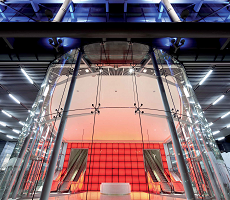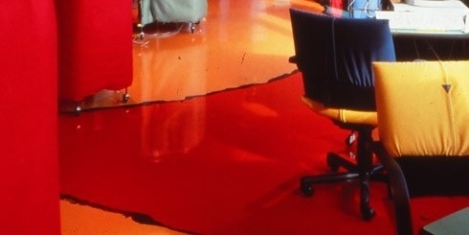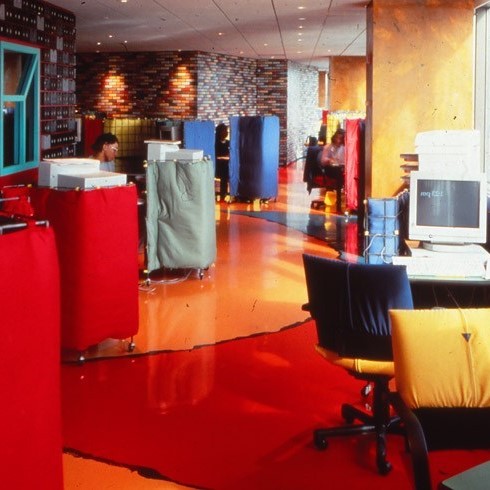October 7, 2015
Technology and Trends 15 events offer vision of the future of work 0
 A series of executive briefings taking place next week in Central London offers you the chance to learn about the next generation of technologies and their impact on the workplace, working practices and office design. Insight readers can enjoy a 15 percent discount by using this link. Tickets are going fast with some sessions already sold out, so we’d encourage you to book as soon as possible. Technology & Trends 2015 offers an expert analysis on new technologies such as the Internet of Things, Bluetooth Low Energy, iBeacons, smart buildings, wayfinding apps and collaboration tools such as Skype for Business and Surface Hub. Aimed at facilities managers, corporate real estate managers, architects and designers, IT managers and HR professionals, the event takes place at Herman Miller’s National Design Centre. Full details of the event can be found here.
A series of executive briefings taking place next week in Central London offers you the chance to learn about the next generation of technologies and their impact on the workplace, working practices and office design. Insight readers can enjoy a 15 percent discount by using this link. Tickets are going fast with some sessions already sold out, so we’d encourage you to book as soon as possible. Technology & Trends 2015 offers an expert analysis on new technologies such as the Internet of Things, Bluetooth Low Energy, iBeacons, smart buildings, wayfinding apps and collaboration tools such as Skype for Business and Surface Hub. Aimed at facilities managers, corporate real estate managers, architects and designers, IT managers and HR professionals, the event takes place at Herman Miller’s National Design Centre. Full details of the event can be found here.

































May 27, 2015
Smart buildings, smart cities and the promise of infinite data
by Paul Doherty • Cities, Comment, Facilities management, Technology
More →